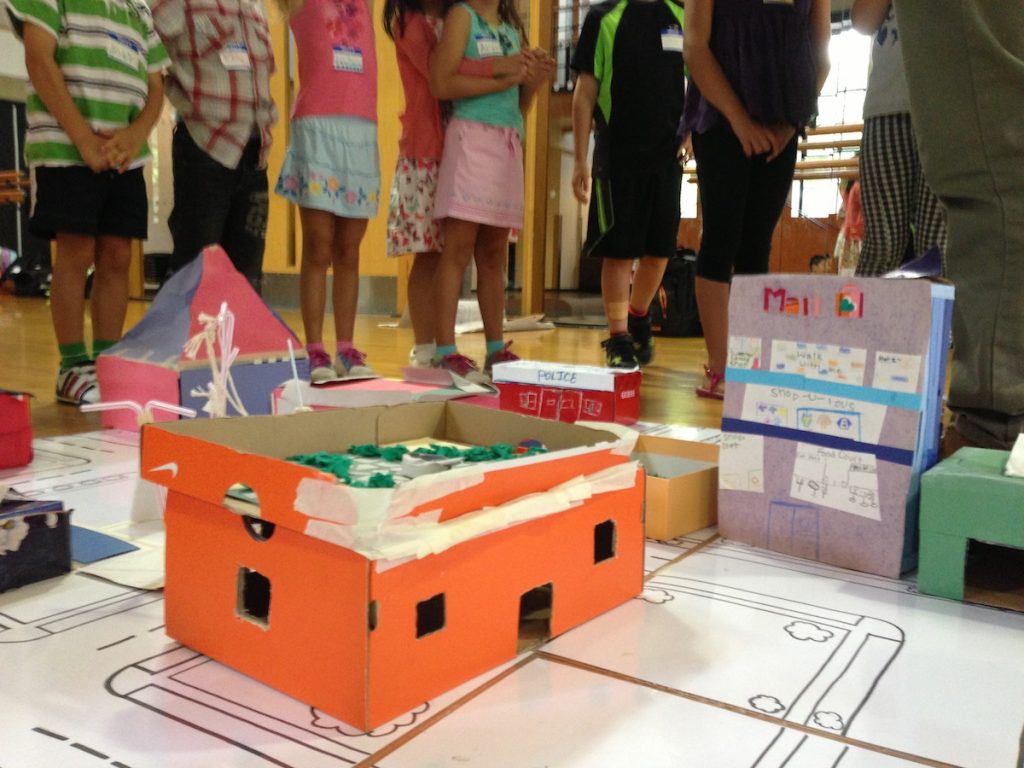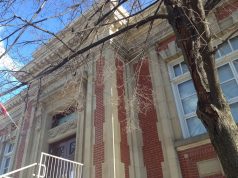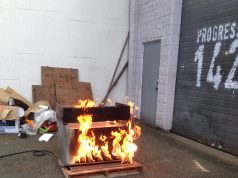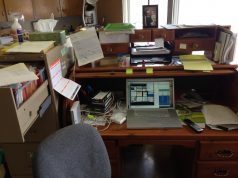Me on the Map is a project I’ve been working on with Jan Derbyshire for the past 2 years. We started jamming together about how to tie together kids’ experiences of urban living, civic responsibility and inclusivity in a way that is interesting and fun. Our process involves a lot of talking.
A lot.
We have inevitable concentration breaks. You know, those times when the conversation turns away from the task at hand to small talk about shows, or books, or gossip, or sporting events.
Jan and I talk about parenting.
Being mothers is part of our shared territory – and it makes sense that we talk about child-rearing. I maintain that you can glean information about any project you’re working on by stepping back and observing the process. Although, ‘process’ isn’t quite the right word. I don’t mean the methodology. I’m talking about the social patterns and small rituals that develop within an ensemble as part of the group dynamic.
Me On the Map is a show for kids. It’s about asking kids to consider what the built environment says about the values held by their communities. More than that: we want kids to know they can – and must – imagine the neighbourhoods and cities they would like to live in. We want to empower kids to find ways to manifest those ideas; they can be agents for change in their communities.
To me, this is also part of my job as a parent.
So while Jan and I talk about disciplining toddlers and communicating with teenagers, about sleepless nights and the daily practice of letting go, we are also talking about the show. We’re talking about how our bright, shining children become engaged, empowered adults. We’re not talking about shaping our kids, but rather, how to open up a space for kids to grow into, and to own.
We aim to create an experience that all kids can participate in, but the truth is that not all kids experience an event or performance in the same way. In fact, I’m banking on it.
I’m working with the assumption that each kid will be showing up with their own point of view based on their personal history, interests, abilities, etc – just like grown-ups. By setting up the right environment – the “rules of the world”, as Jan calls them – we can create a space where the kids must negotiate the differences between them and come to some sort of collective decision. We want the kids to have to make arguments, to listen, to disagree and to find compromise. These are the building blocks of civic engagement.
How are we going about doing this?
By incorporating these building blocks into our own creative process. And by inviting other folks into our process who know things we don’t. Specifically, a mechanical engineer/industrial designer and a software developer.
Working with creative professionals in other fields is making us ask questions to which we have no answers. In previous creation processes, I think I’ve cheated by asking questions I already had an idea of how to answer. While I don’t know the nuances of lighting design, I can imagine how lights can make a space look and feel. The same for conventional design elements like set, sound and costumes. Conversations could revolve around what as possible, and what was affordable.
But I really don’t know anything about software functionality or game design. So I’m finding the conversations between our group of collaborators stays open, longer. The ideas are wilder, bolder. This is also something I’m learning from Jan. To put all the ideas out there; don’t be shy. We may not get to The Idea immediately, but we may find the idea that leads us to The Idea.
This notion of sharing and conversation is a new, radical approach to creation process. In fact, I’m stealing it from my Progress Lab pals in Vancouver.
Progress Lab, at the very beginning, was the brainwave of Kim Collier and the Electric Company that pulled together the creation-based companies and the artists who run them. In a series of hands-on sessions, each company led a show and tell on how they created new work. The sessions went so well that the group continued to meet-up for dinners, to hang out, to discuss hot topics and dream big. And it was out of this synergistic stew that Hive was born, and from there Obstructions and from there… who knows.
Is there something about this process or approach that is inherently feminist?
Yes!
While Me On The Map doesn’t engage primarily with women’s issues, our objective is to promote equality and self-determination within civic discourse for all citizens. The capitalist notions of competition, property and ownership are part of the expression of patriarchy. I argue that sharing knowledge, cooperating and building consensus through conversation are strategies infused with a female world view.
By engaging kids in a participatory show that deliberately embeds (without naming) a feminist world view and approach, Me On The Map has the potential to have significant and long-lasting impact. The greater awareness among kids of the notion of citizenship will, hopefully, lead to greater civic engagement, higher voter participation and – ultimately – safer communities.
What better legacy could we leave for our kids?










